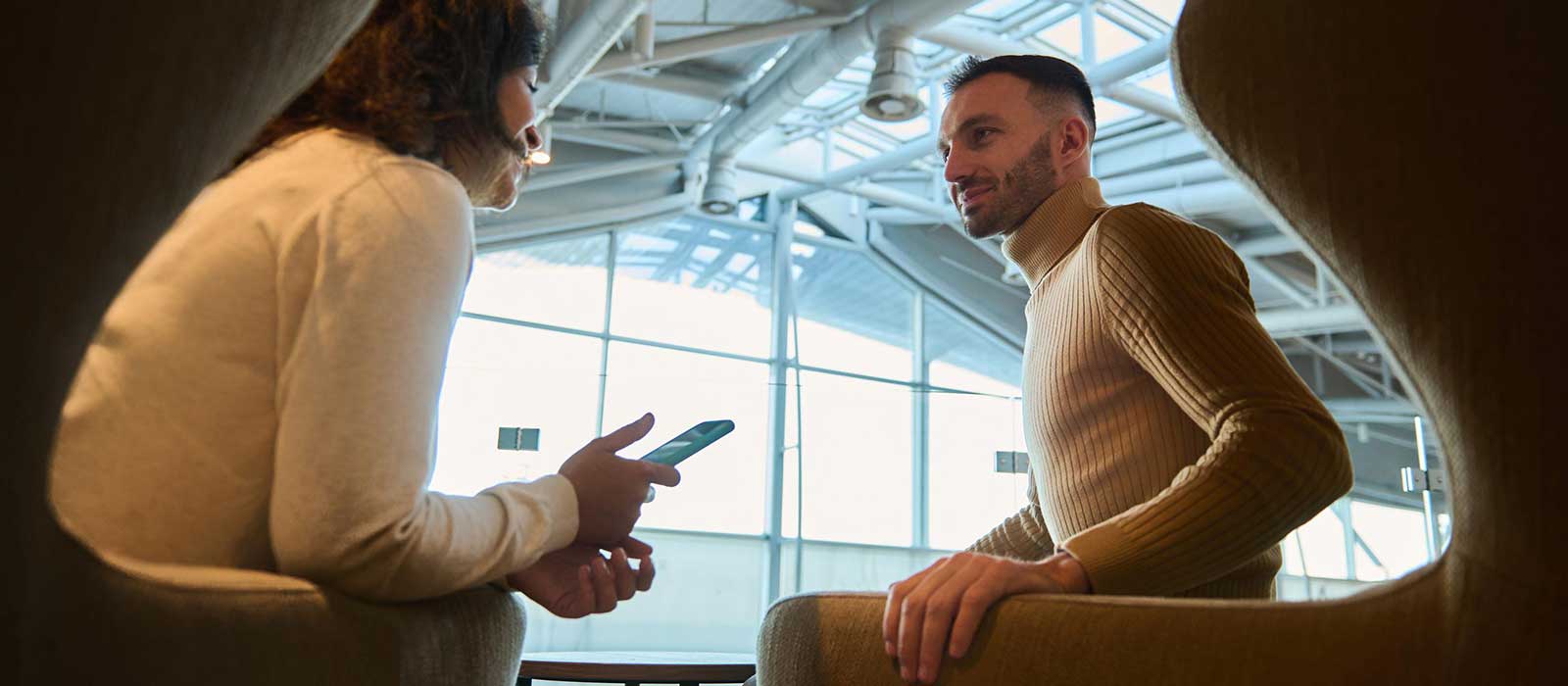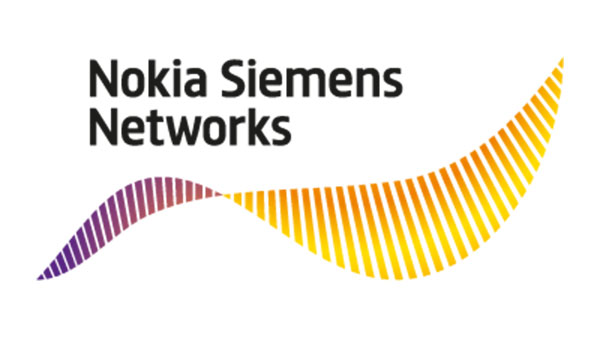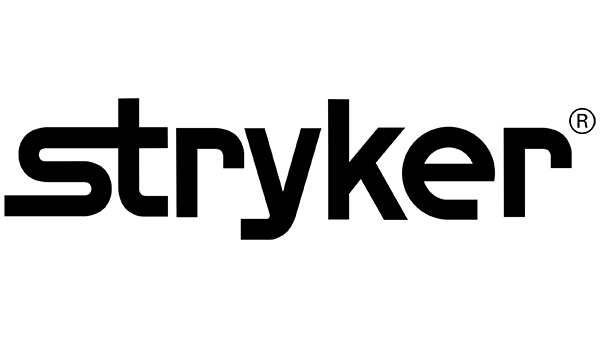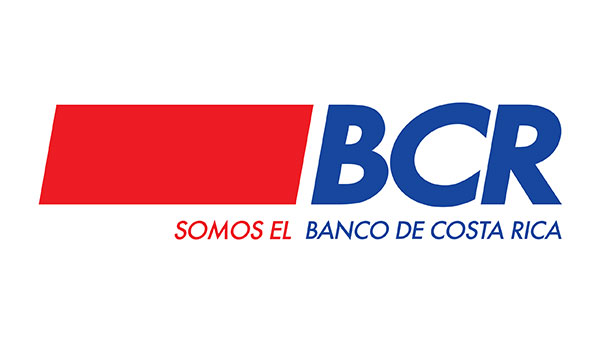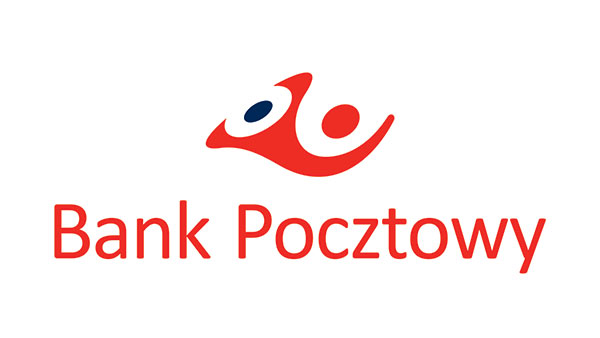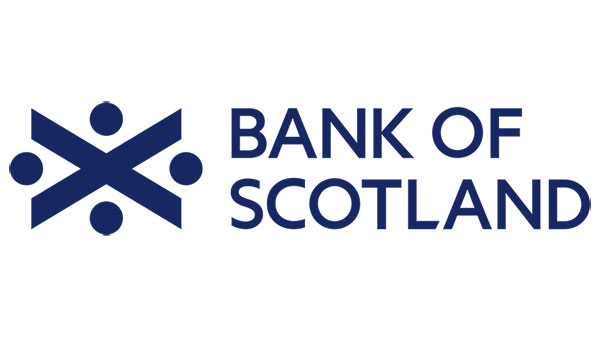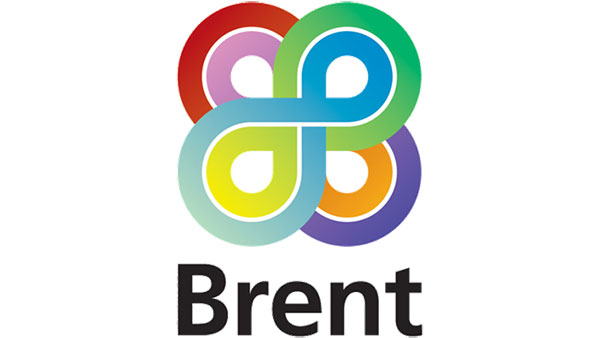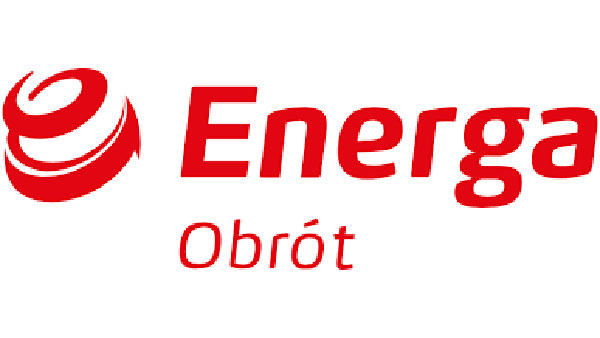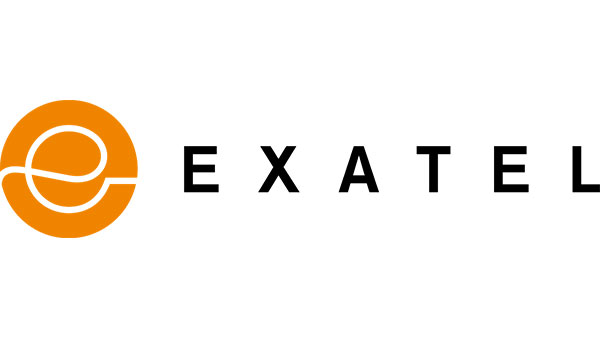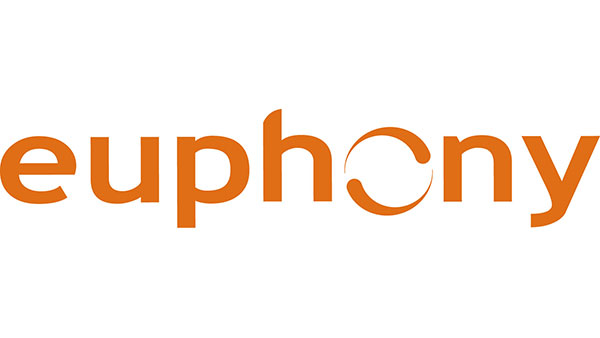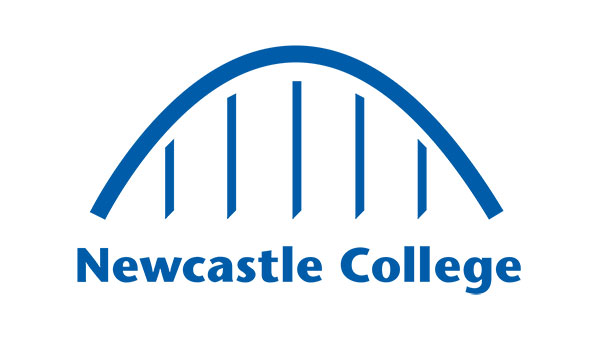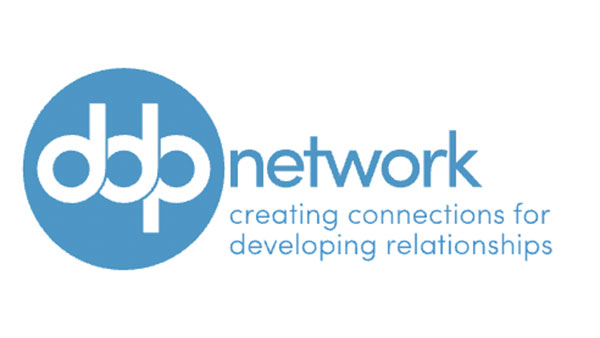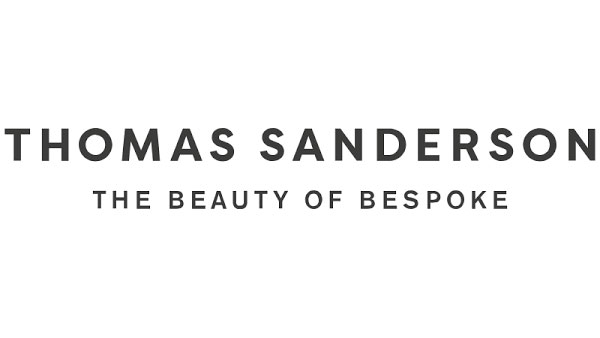Curiosity is a skill and can be used to connect to another person’s reality, and to get to know them better, but it is an essential skill to connect to a client as a credentialed professional coach. When curiosity-based questions are used without agenda or judgment, with an accepting sincere tone they can help you to get to know – what’s really going on in your client’s world – heart, mind, thoughts, feelings, or life.
Sincere, genuine and warm curiosity-based questions allow you to discover what your client’s reality is, and do not generate emotions or defensive responses if curiosity-based questions are asked respectfully to a client. Genuine curiosity can allow your client to express any deeper feelings or thoughts they may have and want to discuss, and to share their unique experience more fully with you as a professional coach.
Curiosity is about looking to discover the meaning behind the words your client is expressing. Curiosity is particularly important in the discovery phase of helping a client to determine what their true values really are. It is a way of interrelating with your client that removes assumptions, speaking on behalf of your client, or trying to figure out, or analyze your client.
Open, warmly expressed curiosity-based questions starting with: what, when and how will allow your client to share their thoughts, feelings or experience more wholeheartedly. Avoid why questions – as these tend to make a person defend or justify their behavior, communication or actions.
Curiosity needs an accepting tone that conveys a simple desire to truly get to know your client: “What do you really want?“ or, “How can you do better next time?” or, “When do you feel you can complete this task? Always ask curious-based questions without anticipating an answer or response from your client.
In coaching, we need to be deeply invested into the well-being, happiness and success of our client, much more so than trying to analyze it, or to debate what they are saying is either right or wrong in some way.
Curiosity is not interpretation or fact gathering. It’s about getting to know your client on a deeper level, and letting him or her know that you want to know them as the individual person they are, and honor and respect their individuality as a client.
Curiosity must be communicated without annoyance, frustration or irritation. A light-hearted, warm, curious tone will bring about a much more open-hearted response from your client, than an annoyed, frustrated or irritated question. To succeed with coaching you must manage your emotional state – be genuine, warm and sincere.
If you stay curious about your client they are less likely to feel misunderstood or frustrated as curiosity is nonjudgemental. Curiosity can help your client to remain open about what he or she may be thinking or feeling.
Curiosity lets your client stay open and engaged in conversations, and it helps to avoid upregulating emotions or defensiveness.
Curiosity is the skill that allows you to enter into the heart, mind, feelings and experience of your clients’ inner and outer world. The more skilled at using curiosity you become, the more opportunities to connect with your client will be obtained, and the more your coaching sessions will flow.
You might want to make assumptions or guesses about what your client may be thinking and feeling, but if you are doing this you are in conversation with your own mind and reality, and not your partner’s reality. Use curiosity to truly connect with your client and develop this as a skill as a professional credentialed coach.
